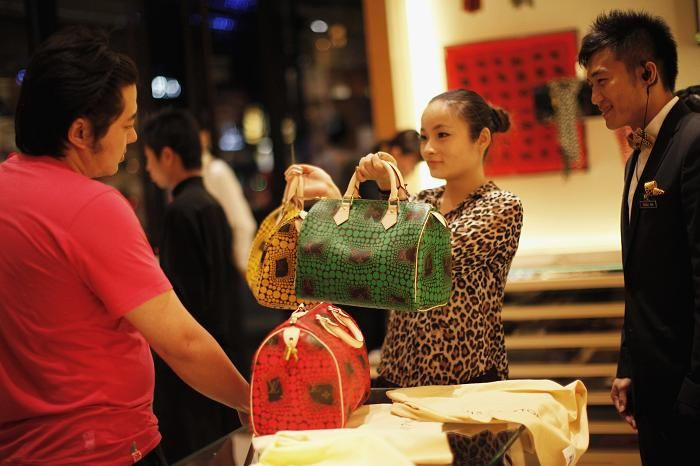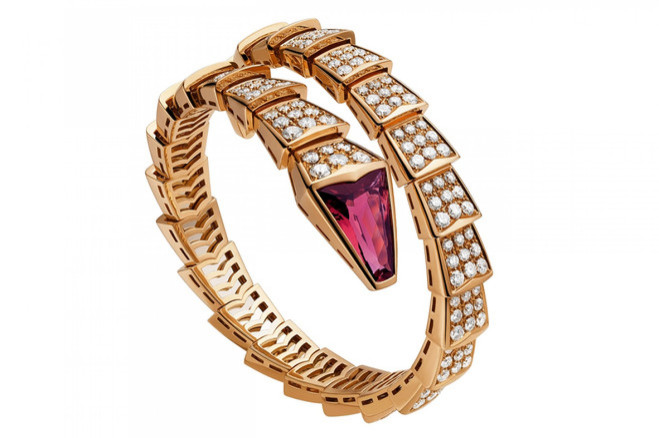China's Luxury Market Suffers As Buyers Go Overseas

Thanks to China’s booming economy, many of the country’s citizens are becoming rich. Because of this new wealth, the Chinese have now become big spenders overseas.
The Washington Post recently said that Chinese overseas spending reached $85 billion, equaling about twice the annual revenue of ExxonMobil, the world’s highest earning oil company. According to an interview with state-run news agency Xinhua, Zhou Zhenxing, Singapore’s Tourism Board for greater China, said that per capita spending in Singapore from Chinese tourists over the past 10 years has tripled.
Chinese overseas spending surges most during China’s biggest spending and gift-giving period, the Spring Festival, for which the Lunar New Year is the highlight. A report from Xinhua says that China’s overseas spending plays a positive role stimulating foreign economies and increasing employment as they prepare for a surge in spending.
Bergdorf Goodman, an upscale department store in New York City, is an example of one U.S. company that catered its business to Chinese customers for the Spring Festival holiday season this year. The store set up a special Chinese New Year window display, added Mandarin-speaking staff on the sales floor and even integrated the traditional Chinese ‘hong bao,’ or red envelope, custom as a promotional tool.
Luxury jewelers Harry Winston, Cartier and Bulgari all decorated their fifth-avenue stores with snakes, this year’s Chinese zodiac animal, and other Asian-inspired accents.

According to the consulting firm Bain & Co., 25 percent of luxury purchases globally are now made by Chinese consumers.
However, there are concerns that the nation’s local luxury goods market will suffer as more Chinese high-end consumers go abroad to shop. Because of the nation’s high taxes on foreign goods and high prices for moving goods throughout the country, prices for foreign brands, particularly luxury brands, end up being inflated. According to China Radio International, China’s domestic luxury goods market fell from 30 percent in 2011 to just seven percent in 2012.
And while forecasts predict Chinese consumer spending will continue to rise, China has yet to make any decisions about how to make luxury spending at home more affordable or appealing.
China Radio International reported that China imposes a varying tax on high-end items, which in some cases exceeds 60 percent of the original price of the luxury item itself. The government has sent mixed messages on future plans to help bolster China’s local luxury goods market. In June 2011, a spokesperson for China’s Ministry of Commerce said luxury-goods retailers could expect to see cuts in import duties. Later, the Finance Ministry posted a report arguing the opposite point, that import duties should be increased to promote spending on domestic luxury items.
As it stands, China’s population is just as divided. Some believe the sky-high taxes should be removed to encourage the Chinese to spend within their own country as much as possible, which would help create jobs and generate revenue for the Chinese people.
On the other hand, many fear that China’s widening wealth gap will only grow if tariffs are cut for luxury goods. China Radio International says that cuts would result in a loss of government tax revenues, which are used for government-subsidized programs that typically help the poor.
Whether or not China redirects its wealthy citizens to shop at Chinese malls, one thing seems clear: Wealthy Chinese shoppers won’t lose their desire to spend any time soon.
© Copyright IBTimes 2025. All rights reserved.






















